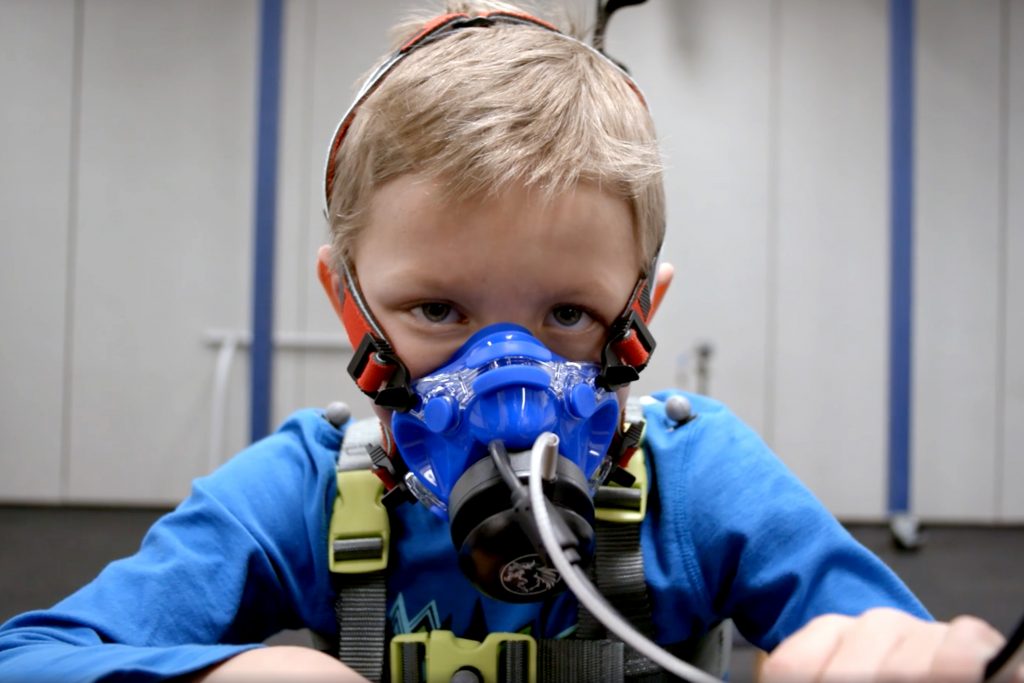Northern Arizona University’s Biomechatronics Lab has one mission—improve mobility in individuals with disabilities. How is this accomplished? By building wearable robots.
Each year, more than 10,000 babies are diagnosed with cerebral palsy—a disorder affecting movement, muscle tone and posture. Signs and symptoms appear during infancy or preschool years and get progressively worse with age. While some affected by the disorder may not be able to walk at all, others will have to undergo extensive surgeries to provide relief—none of which serve as a cure.
Instead of putting babies and children through constant hospital trauma, NAU scientists are trying a different approach—lightweight, electrically powered “exoskeletons” to help make walking and general movements easier and more normal. Their work was recently featured on the internet series “Superhuman.”
https://www.facebook.com/freethinksuperhuman/videos/1535359719924667/



